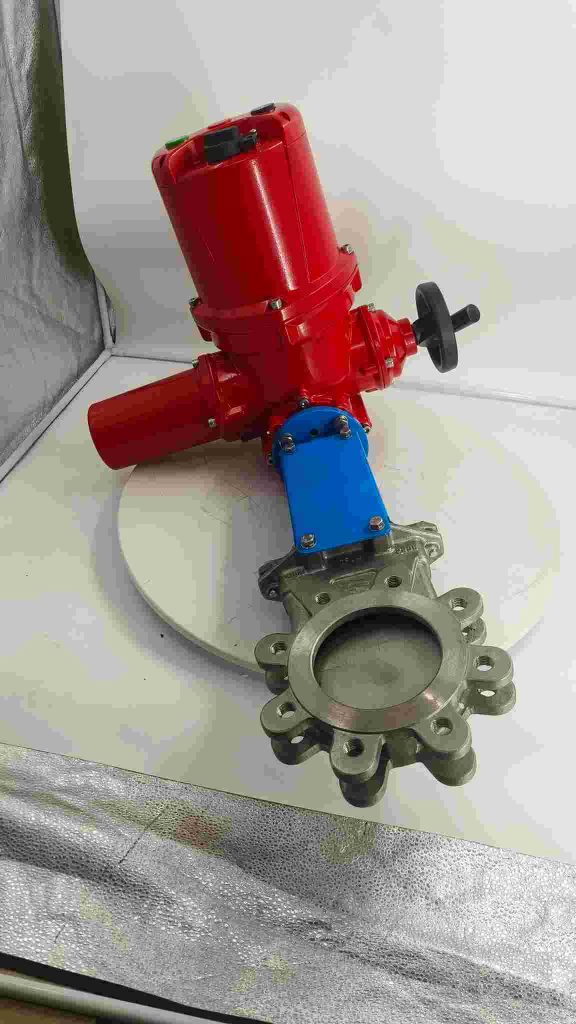As the world shifts toward cleaner energy solutions, hydrogen energy has emerged as one of the most promising alternatives to fossil fuels. The potential for hydrogen to power vehicles, industries, and power plants with minimal environmental impact has sparked a surge in innovation and infrastructure development. Central to the safe and efficient handling of hydrogen in these systems is the use of specialized valves, including the hydrogen energy electric gate valve. This article explores the importance, design, applications, and safety considerations of these valves in the growing hydrogen energy sector.

The Role of Hydrogen Energy Electric Gate Valves

In any energy system, controlling the flow of materials is crucial for both operational efficiency and safety. In hydrogen energy systems, where hydrogen gas is transported, stored, or used in fuel cells, valves are responsible for regulating the flow to ensure smooth operation. Among these valves, the hydrogen energy electric gate valve stands out for its ability to provide precise flow control with the added advantage of electric automation. Gate valves are typically used for on/off flow control, meaning they are designed to either completely block or allow the flow of gas when fully opened. This makes them particularly useful in applications where a full, uninterrupted flow is needed, such as in hydrogen storage and transportation systems. The electric actuator that powers the gate valve enables remote or automated operation, which is crucial in large-scale hydrogen energy plants or systems where manual control is not practical or safe.

Leave a Reply
You must be logged in to post a comment.